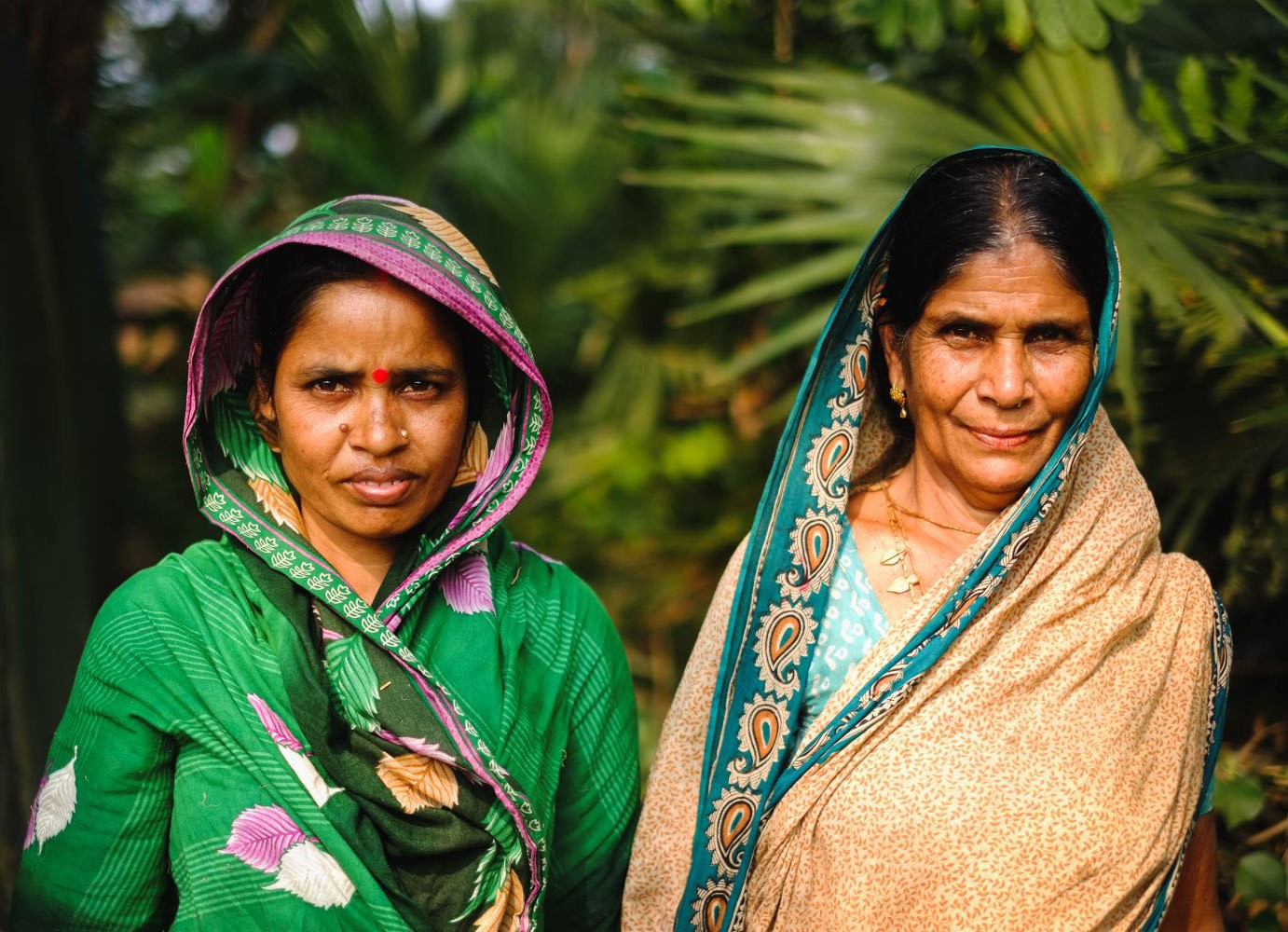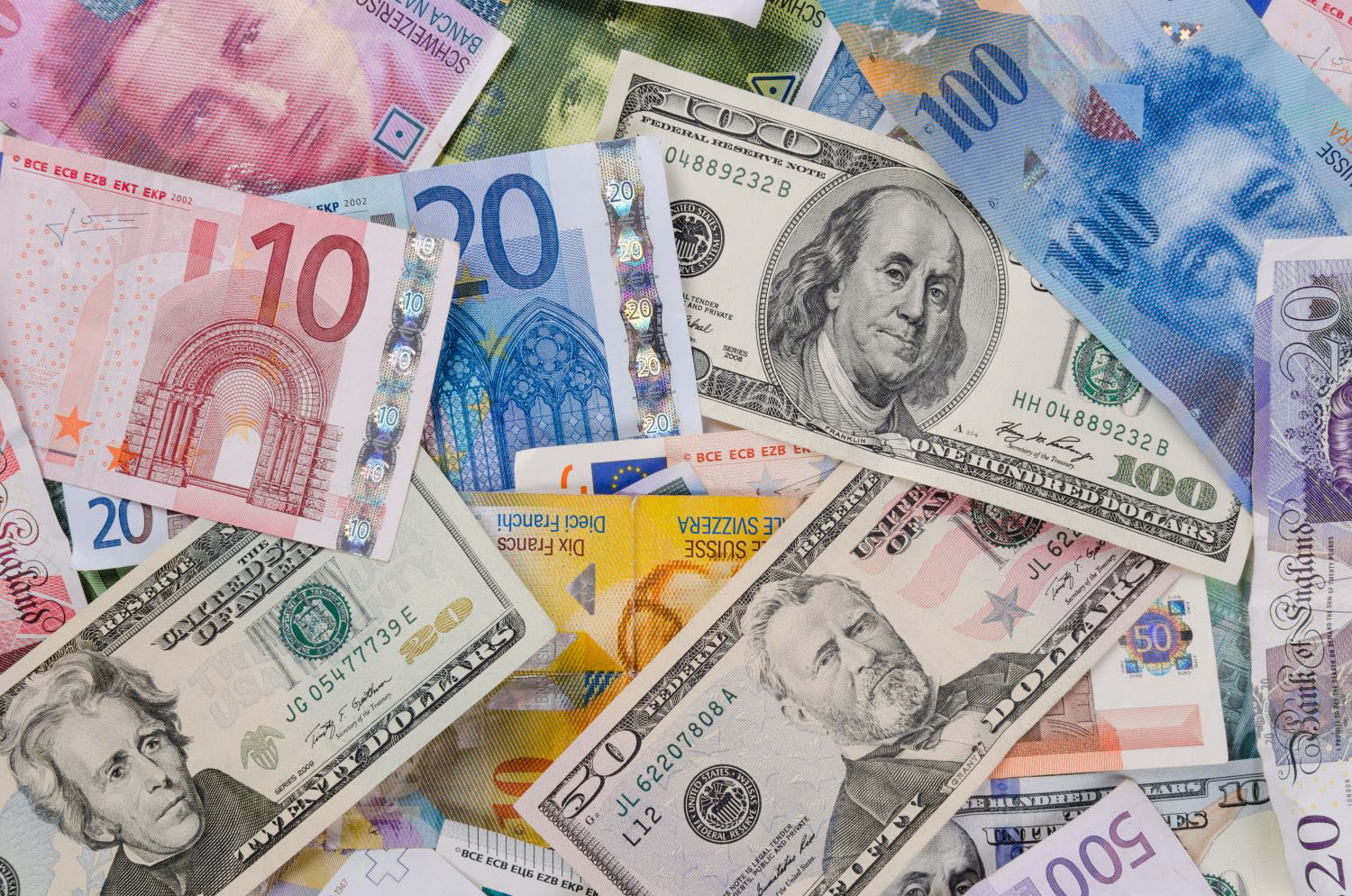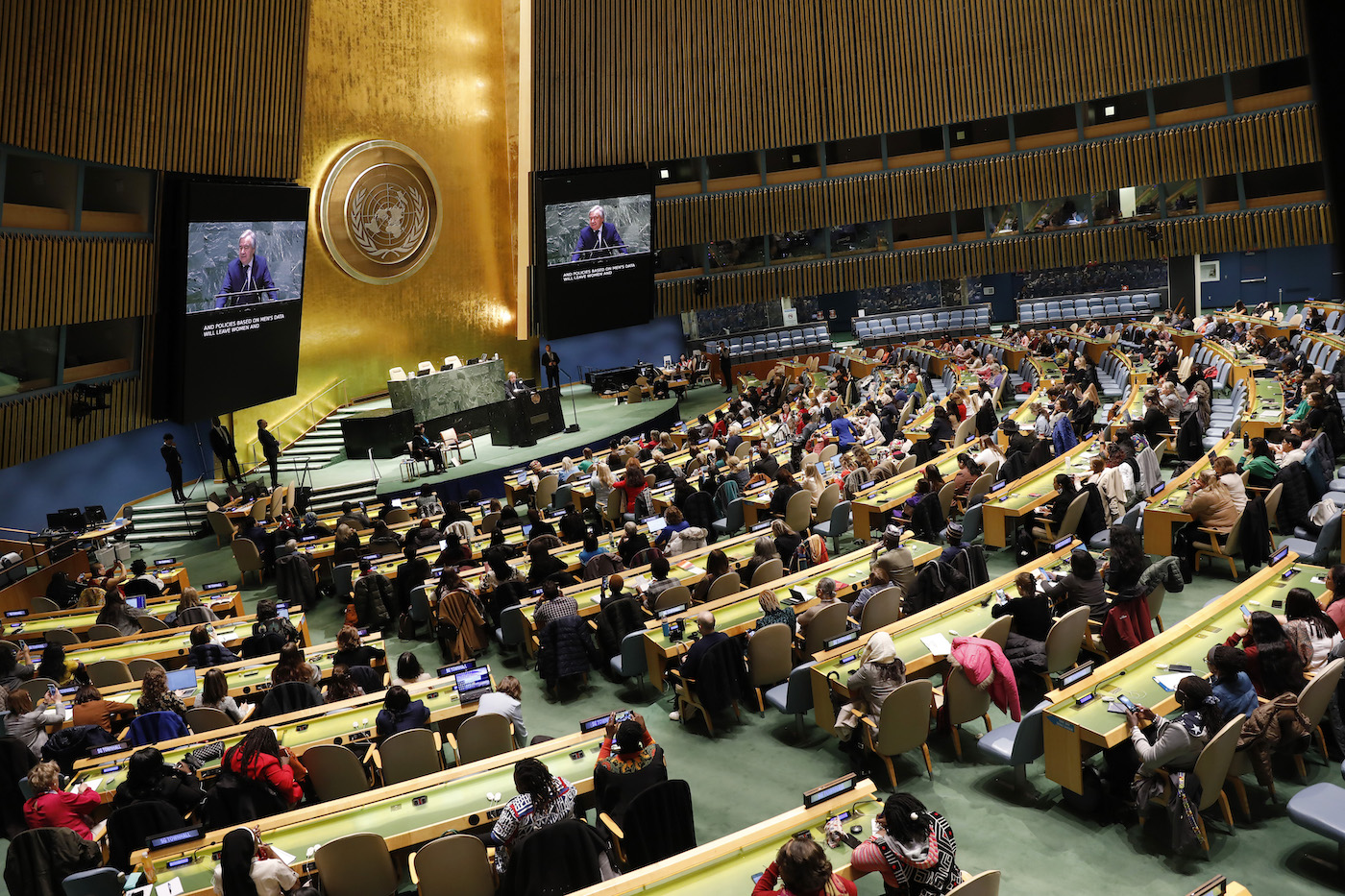September 02, 2009
This blog entry also appeared on the Huffington Post.Leaders of the world’s richest nations have repeatedly pledged to offer the world’s poorest countries duty-free, quota-free (DFQF) access to their markets. Such access is one of the most powerful tools that high-income countries have to help poor countries to help themselves. The upcoming G-20 summit in Pittsburgh is an opportunity for the world’s leaders to finally deliver on this promise.The promise is couched in diplomatic language but is nonetheless clear. The G-20 leaders reaffirmed this pledge most recently when they met in London last April. Their communiqué stated that they recognized “the current (global economic) crisis has a disproportionate impact on the vulnerable in the poorest countries and our collective responsibility to mitigate the social impact of the crisis to minimise long-lasting damage to global potential.” To this end, the leaders reaffirmed their commitment to both the Millennium Development Goals and the Gleneagles commitments to Sub-Saharan Africa.In referencing these documents, the G-20 leaders implicitly re-asserted the importance of preferential treatment as a mechanism for economic growth and poverty reduction. The Millennium Development Goals, for example, state that United Nations member states should “address the special needs of the least developed countries” and calls on all developed countries to adopt “a policy of duty- and quota-free access for essentially all exports from the least developed countries.”The Gleneagles commitments went further, stating that developed countries “should improve the utilisation of our preference schemes by ensuring that rules (particularly rules of origin) are transparent and simple to follow and do not inadvertently preclude eligible developing countries from taking advantage of those schemes.” In short, a tangible link was created by the leaders of the G-20 in London between what was promised in the past and what should be done in the future.So where are we on the question of duty-free, quota-free access and “transparent and simple” rules for trade preference programs? Unfortunately, not as far as we should be, especially in the United States. Although high-income countries (and others) reaffirmed their commitment to DFQF access at the WTO Ministerial meeting in Hong Kong, U.S. insistence that market access be limited to 97 percent of products considerably diluted the impact, because the excluded 3 percent of products includes things like clothing and agricultural products – the very things that poor countries can competitively produce. And the United States is not the only country to create barriers to the poorest countries’ exports. Japan and South Korea also have product exclusions that undermine their trade preference programs. And while the EU offers 100% DFQF access under its Everything But Arms (EBA) preference scheme, its rules of origin provisions make it hard for poor countries to take advantage of this opening.What is to be done? The Center has established a Global Trade Preference Reform Working Group – 20 prominent trade and development experts with a wide variety of backgrounds – to address the hard questions on trade preference programs. The group, which Kim Elliott and I co-chair, will offer practical policy recommendations on issues related to reform, coordination, and utilization before the end of the year.But members of the Working Group have decided that there is simply no longer any reason to delay on a recommendation of 100% DFQF market access with easy-to-follow and generous rules. Members of the group have written an open letter to the G-20 leaders ahead of the Pittsburgh Summit on September 25 requesting that high-income countries implement these provisions by the end of the year. Significantly, the letter also calls on developing countries in a position to do so to gradually but consistently move toward this same goal. This is critical given the increasing relevance of South-South trade and the market pull of emerging economies like China, India, Brazil, and South Africa. The letter states in part:
We, the undersigned, call on the rich-country leaders meeting at the G-20 Summit in Pittsburgh to assist least-developed countries by providing 100 percent duty-free, quota free market access, with easy to use and generous rules, by the end of the year. Developing countries in a position to do so should agree to gradually but consistently move toward this same goal.Evidence suggests that the global economic crisis continues to have severe impacts on least-developed countries. Sharp decreases in investment flows, export demand, export credits, and commodity prices have reduced export opportunities and pushed millions of men, women, and children back into poverty. Although this problem is their burden, it is not of their making, and the Leaders of the G-20 have a responsibility to implement policies that effectively address the concurrent issues of poverty reduction, economic growth, and political stability.The letter has been sent to Prime Minister Gordon Brown, Chair of the G-20, and President Barack Obama, who is hosting the Summit in Pittsburgh, in anticipation of the final agenda-setting meetings in early September. With the Doha Round on life-support, and many of the LDCs sitting on an economic precipice, it is time for the leaders of the G-20 to follow up in a tangible way on their past commitments.
Disclaimer
CGD blog posts reflect the views of the authors, drawing on prior research and experience in their areas of expertise. CGD is a nonpartisan, independent organization and does not take institutional positions.





